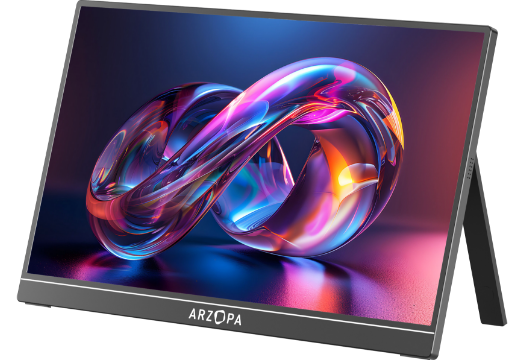Screen extenders typically require additional software installation to function properly, especially if they use USB or other non-standard connections. This software is essential for the operating system to communicate effectively with the external display hardware. Below is a detailed exploration of screen extenders, their requirements, and additional considerations.
Understanding Screen Extenders
What are Screen Extenders?
Screen extenders are devices that allow users to expand their desktop workspace by connecting additional monitors to a primary device, such as a laptop or desktop computer. This can be achieved through various means, including:
- USB adapters: These connect an external monitor via USB ports.
- Wireless solutions: Such as software applications that allow screen sharing over Wi-Fi.
-
Docking stations: These provide multiple connection options for several monitors.

Types of Connections
- USB Connections: Many screen extenders use USB connections, which often require drivers to be installed. This is because the operating system needs to recognize the device and manage its display settings appropriately.
- HDMI/VGA Connections: Direct connections via HDMI or VGA typically do not require additional software if the operating system natively supports the display output.
-
Wireless Solutions: Software like spacedesk allows mobile devices or tablets to act as secondary displays over Wi-Fi, necessitating software installation on both the primary and secondary devices for optimal performance.

Software Installation Requirements
Why Software is Necessary
- Driver Installation: External graphics adapters (like USB-to-HDMI converters) generally need drivers for proper functionality. Without these drivers, the operating system cannot communicate with the hardware effectively, leading to issues such as no display output or limited resolution options.
- Operating System Compatibility: Different operating systems (Windows, macOS, Linux) may have specific requirements for drivers and software. For instance, some extenders may work seamlessly with Windows but require additional setup on macOS.
Examples of Software Solutions
Spacedesk: This software allows users to extend their Windows desktop to other devices like tablets and smartphones. It requires installation on both the primary computer and the secondary device.
Image Credit: Spacedesk official website
DisplayLink: Often used in USB docking stations and adapters, DisplayLink drivers must be installed for these devices to function correctly.

Additional Considerations
Admin Privileges
In many cases, installing necessary drivers requires administrative privileges on the computer. This can be a barrier for users on work laptops or shared devices where they do not have full control over software installations.
Performance Implications
Using software-based solutions for extending displays can sometimes lead to performance issues, such as lag or reduced resolution quality compared to direct connections. It's crucial to consider the specifications of both the extender and the primary device when planning a multi-monitor setup.
Troubleshooting Common Issues
- No Display Detected: Ensure that all necessary drivers are installed and that the device is correctly connected.
- Resolution Problems: Check display settings in your operating system; sometimes manual adjustments are needed after installation.
- Connection Stability: For wireless solutions, ensure a strong Wi-Fi signal and consider network congestion as potential issues.
Conclusion
In summary, while some screen extenders may operate without additional software—especially those using direct HDMI or VGA connections—most require driver installation to function correctly. Understanding these requirements is vital for setting up an efficient multi-monitor workspace. Always consult the manufacturer's guidelines for specific installation instructions and compatibility with your operating system. We hope this comprehensive guide has given you some insights into the screen extenders. If you have any further questions or would like to share your experiences with these innovative devices, please leave a comment below. Don't forget to share this article with your friends and colleagues who may benefit from the information. Happy browsing!












